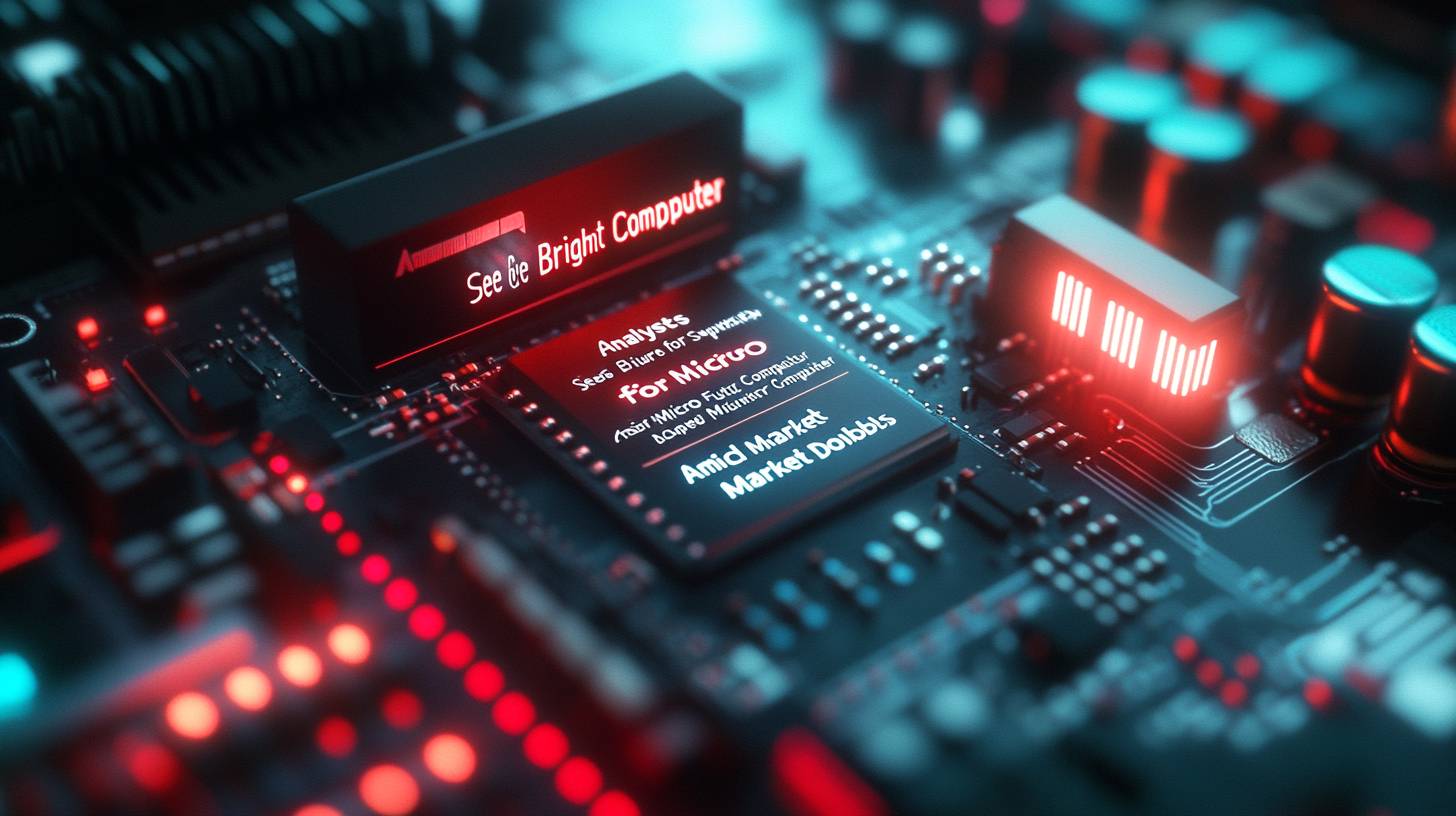
super micro’s shares facing challenges following hindenburg report
Super Micro Computer is currently navigating a difficult scenario after a rocky week, as its stock suffered a notable decline following a critical report from short-seller Hindenburg Research. The firm, which had experienced a successful run earlier this year as a prominent player in the liquid-cooled artificial intelligence server sector, witnessed its shares drop sharply after peaking in March. The Hindenburg report, which raised significant issues regarding the company’s practices, acted as the trigger for the steep decrease in Super Micro’s stock valuation.
Compounding the company’s difficulties, CEO Charles Liang revealed a postponement in submitting the quarterly financial results to the Securities and Exchange Commission (SEC), further undermining investor trust. The combination of allegations from the short-seller and the deferred financial disclosures has fostered a wave of pessimism among analysts. For example, Wells Fargo drastically cut its price target for Super Micro by more than 40%, indicative of the mounting doubt concerning the company’s outlook.
Although the precise path for Super Micro’s stock remains unclear, the recent slump has certainly drawn the market’s attention. The substantial drop has triggered a reevaluation of the company’s worth, with numerous analysts now questioning if the stock’s previous peaks were warranted. The environment is still evolving, and investors are expected to keep a close eye on any further news that may influence the company’s stock valuation.
jp morgan and evercore analysts provide contrasting views
JP Morgan analysts have adopted a more balanced stance towards the Hindenburg report, differing from the dominant bearish outlook. The investment firm, which continues to hold an overweight position on Super Micro Computer (SMCI), expressed doubt regarding the report’s assertions, primarily concerning claims of accounting irregularities. JP Morgan pointed out that the report essentially revisits concerns from 2020, which are already familiar to investors, and found scant new evidence to back the allegations of ongoing issues.
As per JP Morgan, the report’s emphasis on past matters, such as the business ties with companies owned by CEO Charles Liang’s siblings, does not present notable new risks. The firm also mentioned that claims of sanction avoidance are challenging to substantiate and that the revenue statistics highlighted in the report do not significantly alter Super Micro’s medium-term revenue outlook, particularly considering the company’s standing in the rapidly growing $5 billion AI server market expected for 2026-2027.
JP Morgan further critiqued the report for relying on interviews with former employees to bolster claims of a problematic company culture. The firm contended that while Super Micro may have room for enhancements in governance and transparency, such challenges are not unusual for a rapidly growing entity, especially in a high-demand sector like AI servers. Importantly, JP Morgan does not perceive these governance issues as indicative of wrongdoing.
Conversely, Evercore ISI analysts have redirected their attention to alternative competitors in the AI server market, indicating that the uncertainty surrounding Super Micro could be advantageous for rivals like Dell. Evercore emphasized Dell’s strong market position, noting that the company is well-situated to seize additional market share, particularly from clients seeking supply chain diversity and dependable service options. The firm additionally noted that major clients, including CoreWeave and enterprises linked to Elon Musk, are likely to maintain dual sourcing of their AI server production between Dell and Super Micro, with HP Enterprise potentially expanding into this arena as well.
Evercore ISI remains optimistic about Dell, sustaining an outperform rating and a target price on the stock. The firm projects that Dell’s revenue from AI servers is set to surpass $2 billion this year, with the potential to exceed $4 billion in 2024. This positive outlook stands in contrast to the uncertainty enveloping Super Micro, suggesting that investors may discover more stable prospects elsewhere in the AI server landscape.

